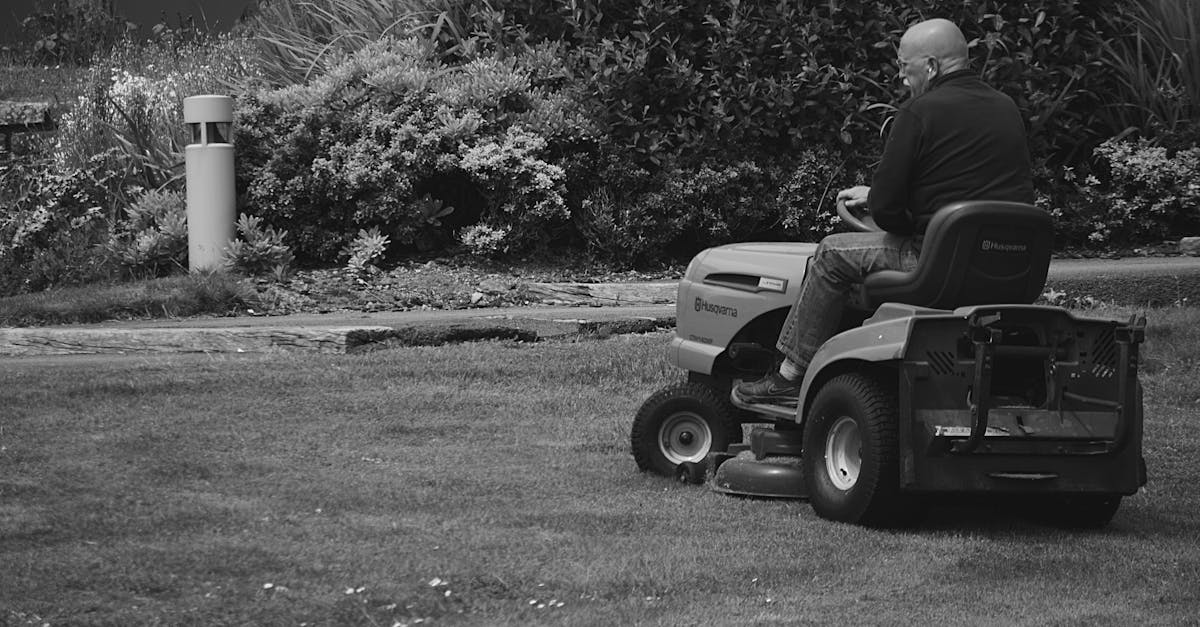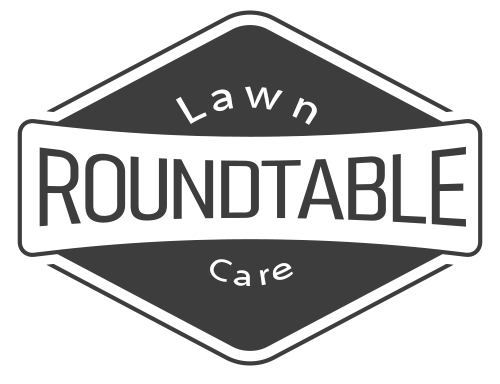Transform Your Lawn with Mulching: Embracing a Greener, Healthier Approach

Mulching Lawn Mowers: Enhance Your Lawn Care Experience
In the realm of lawn care, the mulching lawn mower stands out as an eco-friendly and efficient solution. This innovative tool transforms the traditional mowing process, enriching your lawn while reducing environmental impact. Unlike conventional mowers that discharge clippings as waste, mulching mowers finely chop and disperse these clippings back into the soil, providing a wealth of benefits. Embracing mulching not only enhances the appearance of your lawn, but also promotes its long-term health and sustainability.
Join us as we delve into the fascinating world of mulching lawn mowers, illuminating their unique advantages and guiding you towards choosing and using the perfect mulching mower for your lawn care needs. Let us embark on this journey to discover how mulching can revolutionize your lawn care routine and cultivate a thriving outdoor haven.
Key Insights
-
Mulching lawn mowers finely chop grass clippings and disperse them back into the lawn, eliminating the need for collection and disposal.
-
Mulching provides numerous benefits for lawn health, including improved soil quality, reduced water consumption, and enhanced resistance to pests and diseases.
-
When choosing a mulching mower, consider factors such as lawn size, terrain, and budget.
-
For effective mulching, mow regularly, set the correct mowing height, and ensure sharp mower blades.
-
Embracing mulching contributes to a thriving lawn while promoting environmental sustainability.
1. Understanding Mulching Lawn Mowers
Understanding Mulching Lawn Mowers: Explore the concept of mulching lawn mowers and how they differ from traditional mowers.
Traditional lawn mowers collect grass clippings in a bag or discharge them onto the lawn. Mulching mowers, on the other hand, are equipped with specialized blades that finely chop the clippings into tiny pieces and disperse them back into the lawn. This mulching process mimics nature’s own recycling system, offering a wealth of benefits for your lawn and the environment.
Unlike traditional mowers, mulching mowers eliminate the need for collecting and disposing of grass clippings, saving you time and effort. More importantly, the finely chopped clippings quickly decompose, enriching the soil with essential nutrients like nitrogen, phosphorus, and potassium. This natural fertilization process promotes healthy grass growth, reduces the need for chemical fertilizers, and enhances the overall vitality of your lawn.
2. Benefits of Mulching Your Lawn
Benefits of Mulching Your Lawn: Uncover the environmental and aesthetic advantages of mulching, including improved soil quality, reduced water consumption and enhanced curb appeal.
Mulching your lawn offers a multitude of benefits that extend beyond the mere elimination of grass clippings. By finely chopping and dispersing the clippings back into the lawn, mulching contributes to a healthier, more resilient, and visually appealing outdoor space.
One of the primary benefits of mulching is its positive impact on soil quality. The finely chopped grass clippings decompose rapidly, adding essential nutrients to the soil. This natural fertilization process reduces the need for synthetic fertilizers, promoting a more sustainable and eco-friendly lawn care approach. Moreover, the organic matter added to the soil improves its structure, enhancing water retention and aeration. As a result, your lawn will become more resistant to drought and other environmental stresses.
3. Specific Benefits for Lawn Health
Specific Benefits for Lawn Health: Delve into the positive impact of mulching on your lawn’s health, promoting nutrient cycling, thatch reduction, and increased resistance to pests and diseases.
Mulching your lawn not only enhances its aesthetic appeal but also contributes to its overall health and vitality. The finely chopped grass clippings, when dispersed back into the lawn, play a crucial role in promoting nutrient cycling, reducing thatch buildup, and bolstering the lawn’s natural defenses against pests and diseases.
The organic matter added to the soil through mulching serves as a valuable source of nutrients for the grass plants. As the clippings decompose, they release essential nutrients like nitrogen, phosphorus, and potassium, which are readily absorbed by the grass roots. This natural fertilization process promotes healthy growth, reduces the need for chemical fertilizers, and contributes to a more sustainable lawn care approach.
4. Considerations Before Using a Mulching Mower
Considerations Before Using a Mulching Mower: Weigh the factors to consider before implementing mulching, including grass type, mowing frequency, and blade sharpness.
While mulching offers numerous benefits for your lawn, it’s important to consider certain factors before incorporating this practice into your lawn care routine. The type of grass you have, the frequency with which you mow, and the sharpness of your mower’s blades all play a role in determining the effectiveness of mulching.
Certain grass types, such as fescues and ryegrasses, are better suited for mulching than others. These grasses have a finer texture and decompose more quickly, making them ideal for mulching. On the other hand, grasses with a coarser texture, like Bermuda grass, may not mulch as effectively and can lead to clumping.
5. Choosing the Right Mulching Mower for Your Needs
Choosing the Right Mulching Mower for Your Needs: Guide to selecting the most suitable mulching mower based on your lawn size, terrain, and budget.
Selecting the right mulching mower for your lawn is crucial to ensure optimal performance and achieve the desired results. Several factors need to be considered, including the size of your lawn, the terrain you’ll be mowing, and your budget. For smaller lawns, a push mower with a mulching blade will suffice. However, if you have a larger lawn, a self-propelled mulching mower can significantly reduce the effort required.
The terrain of your lawn also plays a role in choosing the right mulching mower. If you have a relatively flat lawn, most mulching mowers will work well. However, if your lawn has slopes or uneven areas, you may need a mower with larger wheels or a higher horsepower engine to handle the terrain effectively.
6. How to Mulch Your Lawn Effectively
How to Mulch Your Lawn Effectively: Practical instructions on the proper technique for mulching, ensuring optimal results and avoiding common pitfalls.
Mowing your lawn using the proper mulching technique is essential to achieve the best results and maintain a healthy, lush lawn. Here are some practical instructions to guide you through the process:
-
Mow regularly: Mulching is most effective when done on a regular basis. Aim to mow your lawn every 5-7 days during the growing season. This prevents the grass from growing too long and becoming difficult to mulch effectively.
-
Set the correct mowing height: The mowing height should be set according to the type of grass you have. For most grasses, a height of 2.5 to 3 inches is ideal. Mowing at the correct height helps ensure that the grass clippings are small enough to decompose quickly and return nutrients to the soil.
7. Conclusion: Embracing Mulching for a Thriving Lawn
Conclusion: Embracing Mulching for a Thriving Lawn: Summarize the advantages of mulching lawn mowers and encourage readers to consider adopting this eco-friendly and beneficial practice.
Incorporating mulching into your lawn care routine offers a multitude of benefits for both your lawn and the environment. Mulching mowers not only eliminate the need for collecting and disposing of grass clippings but also contribute to a healthier, more resilient lawn. The finely chopped clippings provide essential nutrients for the grass, reduce the need for chemical fertilizers, and improve soil structure.
Mulching also promotes a thicker, greener lawn that is better able to withstand drought and other environmental stresses. By adopting this eco-friendly practice, you can create a beautiful, healthy lawn while reducing your environmental impact. Embrace mulching as the key to a thriving lawn and enjoy the many benefits it has to offer.
Is mulching suitable for all types of grass?
Mulching is most effective for grasses with a finer texture, such as fescues and ryegrasses. Grasses with a coarser texture, like Bermuda grass, may not mulch as effectively and can lead to clumping.
How often should I mow my lawn to mulch effectively?
For optimal results, mow your lawn every 5-7 days during the growing season. This prevents the grass from growing too long and becoming difficult to mulch effectively.
Can I mulch my lawn even if it’s wet?
It’s generally not recommended to mulch your lawn when it’s wet. Wet grass clippings tend to clump together, which can clog the mower and prevent effective mulching.
Table of Key Insights
| Key Insight | Description | |—|—| | Mulching Benefits Lawn Health | Mulching improves soil quality, reduces water consumption, and enhances pest and disease resistance. | | Choosing the Right Mulching Mower | Consider lawn size, terrain, and budget when selecting a mulching mower. | | Effective Mulching Technique | Mow regularly, set the correct mowing height, and ensure sharp mower blades for optimal mulching results. | | Mulching Promotes Sustainability | Embracing mulching reduces environmental impact and contributes to a more sustainable lawn care approach. |
